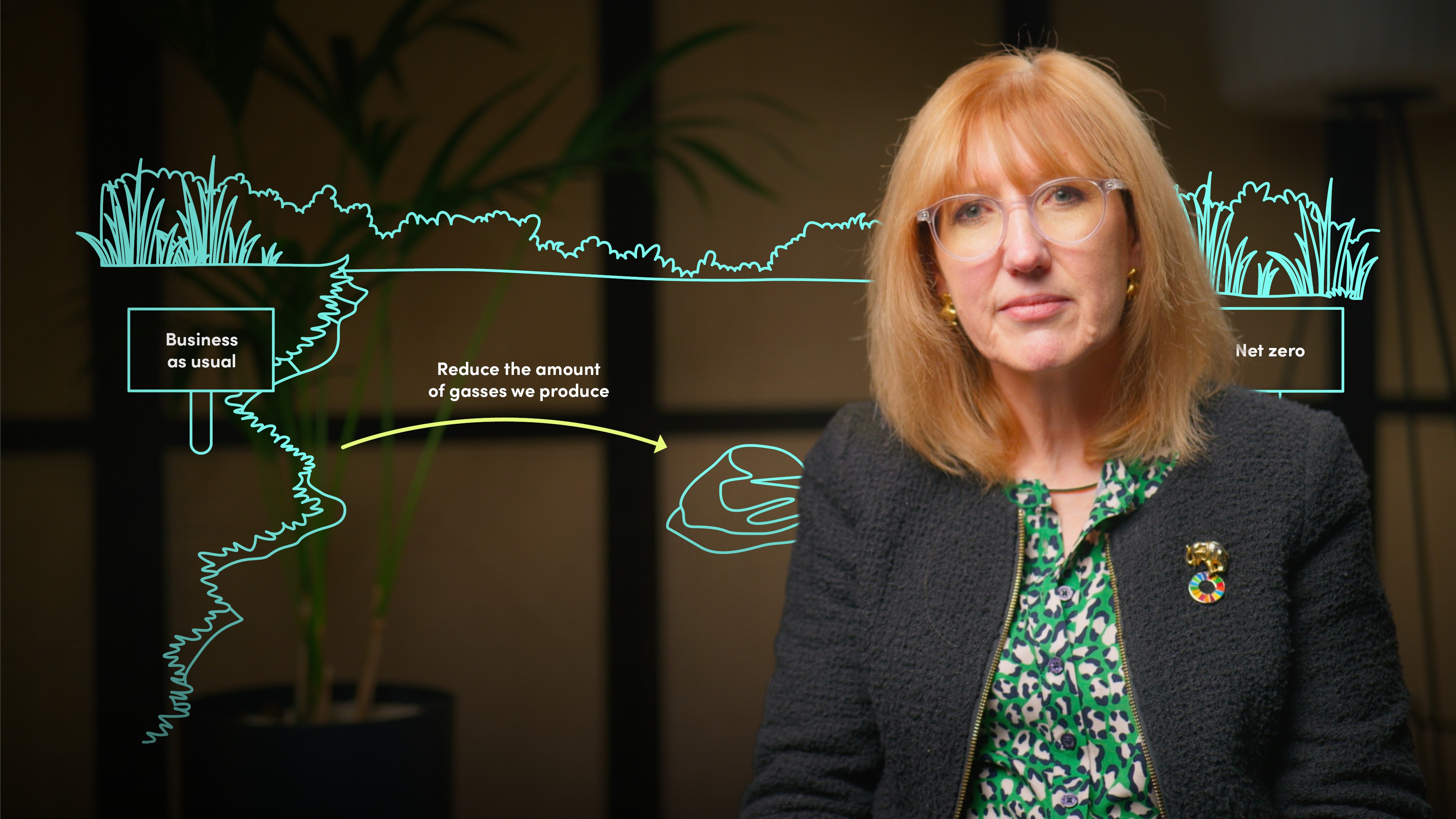
Introduction to Just Transition

Wendy Whewell
22 years: ESG & Climate Change
In this video, Wendy explores the concept of the Just Transition, a strategy crucial for ensuring fairness in the shift to a sustainable, low-carbon economy. She also discusses its importance in addressing the socio-economic impacts of climate change on communities, its key components, and strategies for implementation.
In this video, Wendy explores the concept of the Just Transition, a strategy crucial for ensuring fairness in the shift to a sustainable, low-carbon economy. She also discusses its importance in addressing the socio-economic impacts of climate change on communities, its key components, and strategies for implementation.
Subscribe to watch
Access this and all of the content on our platform by signing up for a 7-day free trial.

Introduction to Just Transition
14 mins 54 secs
Key learning objectives:
Understand what Net Zero is
Understand what the Just Transition is and its importance
Identify the key components of a Just Transition
Overview:
The Just Transition is a strategy ensuring the shift to a sustainable, low-carbon economy is fair, addressing socio-economic impacts on communities dependent on traditional industries. It responds to climate change with actions like renewable energy adoption and conservation, aiming to reduce inequalities and support affected workers through equitable job creation and reskilling. Key initiatives, such as the European Union’s Just Transition Mechanism, facilitate this shift by balancing environmental goals with economic and social equity, in line with the Paris Agreement. This approach highlights global cooperation and the commitment to achieving net zero emissions while ensuring no one is left behind.
Subscribe to watch
Access this and all of the content on our platform by signing up for a 7-day free trial.
Subscribe to watch
Access this and all of the content on our platform by signing up for a 7-day free trial.

Wendy Whewell
There are no available Videos from "Wendy Whewell"





























